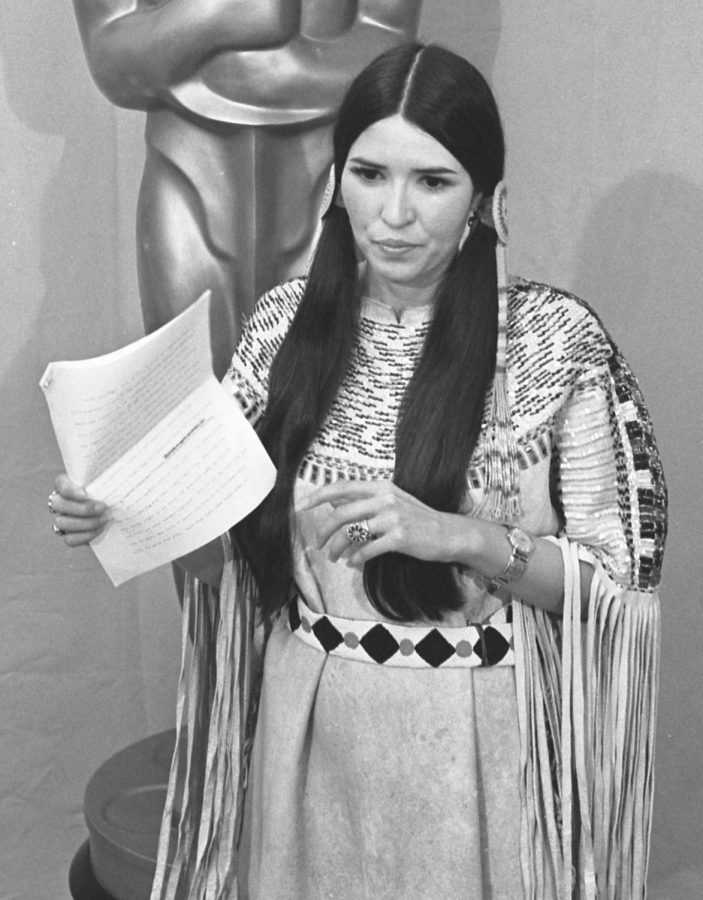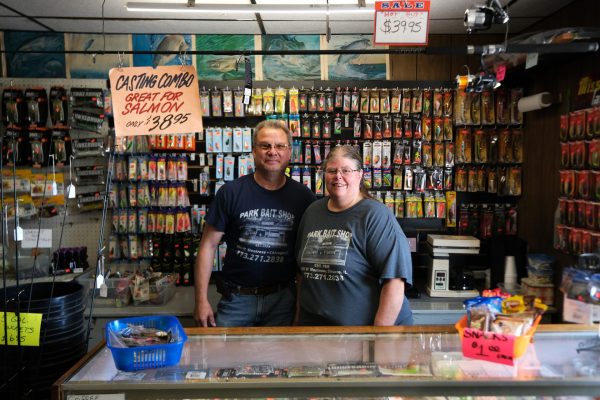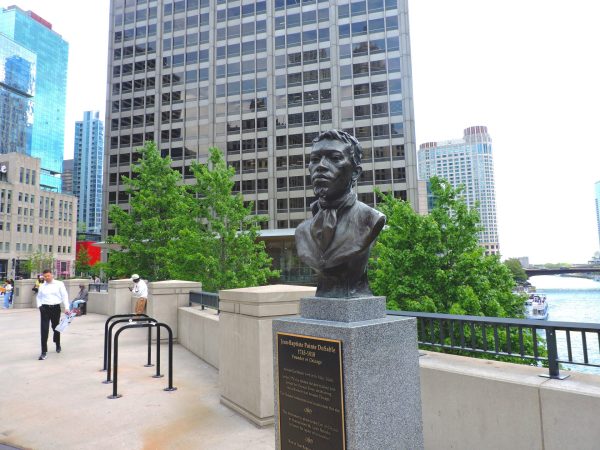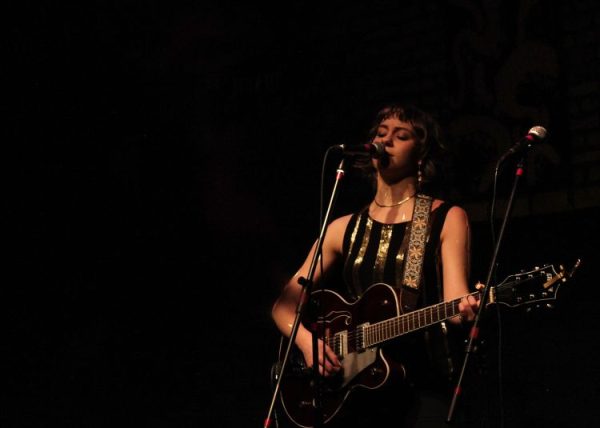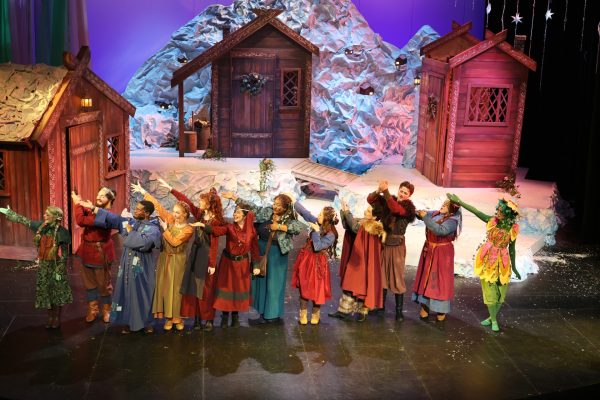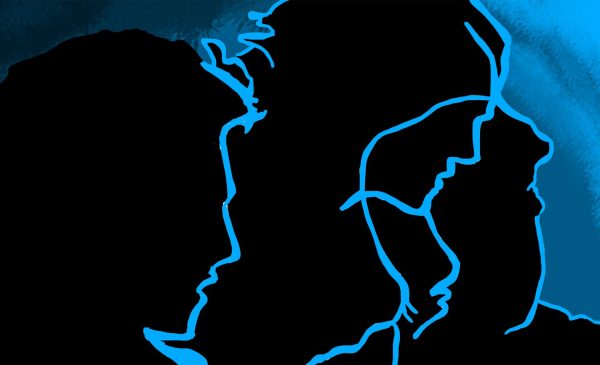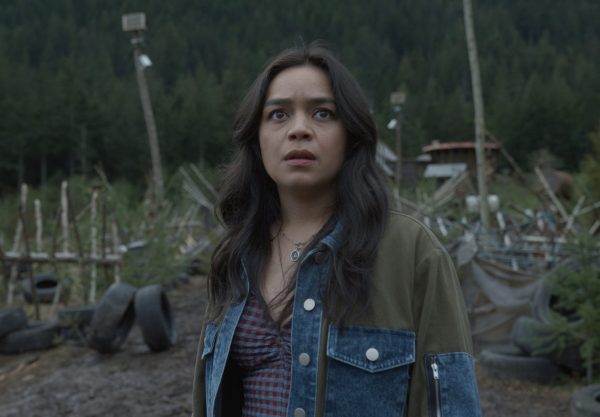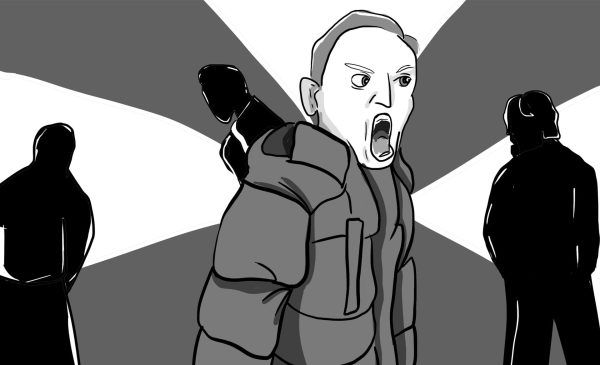The life and legacy of Sacheen Littlefeather
Credit: IMDB
Sacheen Littlefeather at the Oscars in 1973.
On Oct. 2, 2022, Sacheen Littlefeather passed away after a lifetime battle with lung cancer after living a life with roles, including an actor, model and activist. Littlefeather is perhaps best known for her work in raising awareness for Native Americans and fighting for equality.
Littlefeather is best known for her activism and, in particular her appearance at the 1973 Academy Awards, where she advocated for better representation for Native Americans in movies.
Littlefeather grew up in California. Her father was of Apache and Yaqui ancestry. After her parents split, she spent the rest of her childhood living with her grandparents. She was active in her high school’s 4-H club, an organization devoted to conservation and environmentalism, and went to college to study education. In college, she began to embrace her Native heritage and became active in protests. In particular, she participated in the Native American occupation of Alcatraz. She also started her career as a model and small-time actress, appearing in various guest spots and commercials.
While pursuing her modeling and acting career, Littlefeather was unwavering in her mission for equal treatment for Native Americans. She was active in the fight for Native Americans to relieve equal treatment and was the spokesperson for the National American Indian Council where she criticized President Richard Nixon for his budget cuts to programs designed to help the Native population.
Her “big break” came at the 1973 Academy Awards, when representing Marlon Brando. Brando and Littlefeather became friends due to their mutual interest in civil rights. At the ceremony, Brando won Best Actor for his role as Vito Corelone in “The Godfather.” Instead of accepting the award, Littlefeather went to the stage on his behalf and declined the award and said this.
“I’m Apache and I am president of the National Native American Affirmative Image Committee,” Littlefeather said. “The reasons [for declining the award] are the treatment of American Indians today by the film industry — excuse me — and on television in movie reruns, and also with recent happenings at Wounded Knee.”
This moment was shocking to Hollywood’s rich and powerful, and this speech got Littlefeather blacklisted almost immediately
Littlefeather spent the rest of her life actively pursuing causes of social justice. From changing offensive mascots, raising awareness for AIDS and creating Native American theater troupes, Littlefeather was a woman who did everything she could to help every person she could.
Unfortunately, Littlefeather was plagued by health issues for most of her life. Her lungs collapsed at 29 and she developed both breast and lung cancers.
Elijah Valter, a film student at DePaul, was saddened to learn of Littlefeather’s passing.
“One thing I loved was that she was truly for her cause,” Valter said. “She did not care about losing out on roles or photoshoots. She used her platform to advocate for the right things even when it cost her career to do so.”
Littlefeather was an important figure to those with Native roots like DePaul Education major Jocelyn Buether.
“She was the embodiment of a strong woman,” Buether said. “It is honestly so inspiring that she spent almost all of her life raising awareness for her causes even when everyone else turned against her.”
Haydon Mayer is another DePaul film student affected by Littlfeather’s passing.
“I found out about her after the Will Smith slap thing earlier this year when I was reading about the worst things that had happened at the Oscars,” said Mayer. “It was disgraceful and disgusting how she was treated and really shows how messed up the Oscars are.”
Littlefeather leaves behind a legacy of always standing up for one’s beliefs, even when everyone else in the room is not. She was a person unafraid to advocate for causes she believed in, no matter what obstacles were in the way.

